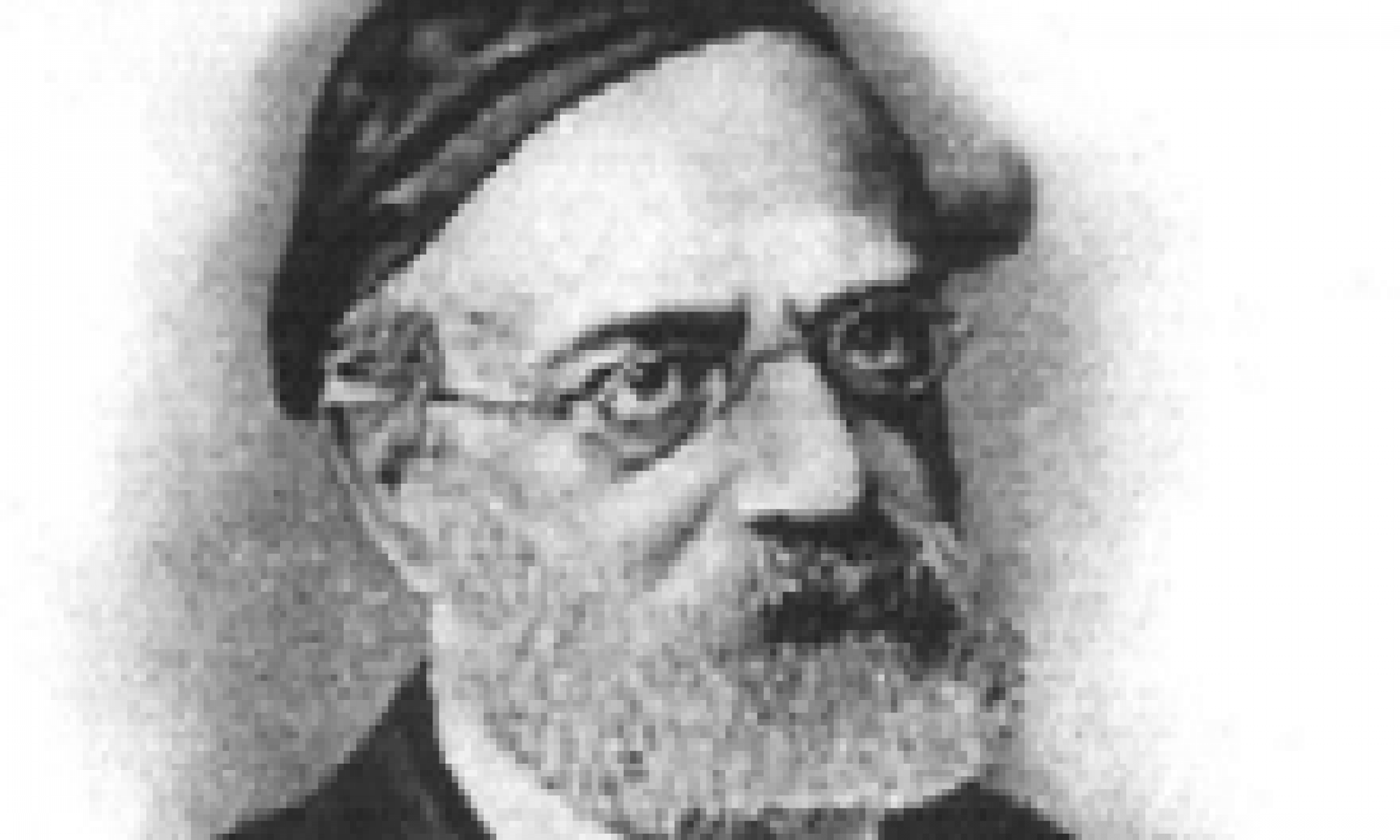וַיֹּאמֶר אָרוּר כְּנָעַן עֶבֶד עֲבָדִים יִהְיֶה לְאֶחָיו. וַיֹּאמֶר בָּרוּךְ השם אֱלֹקי שֵׁם וִיהִי כְנַעַן עֶבֶד לָמוֹ. יַפְתְּ אֱלֹקים לְיֶפֶת וְיִשְׁכֹּן בְּאָהֳלֵי שֵׁם וִיהִי כְנַעַן עֶבֶד לָמוֹ
He said: Cursed is Canaan: he shall be a servant of servants to his brothers. And he said: Blessed be God, the God of Shem; may Canaan become their servant. God will open [people’s] emotions to Yefes, but He will dwell in the tents of Shem, and may Canaan be a servant to them.
_____
This prophecy is very far reaching. It is not just about the future of Noach’s sons. It is about the three basic elements that form all civilizations throughout history.
Cham (חם=heat, unrestricted materialistic passion) is cursed. (This is not a wish it is a statement.) Hot, unrestricted sensuality, that has no respect for spiritual values is incapable of ruling and is unable to preserve its own freedom. It bears in itself its own ruin.
Unrestrained desire leads to slavery. He who at all times controls his passions will not be lead astray by bribes or enticements. (Freedom here means moral freedom. Slavery means the inability to exercise moral freedom. GS)
Shem. (שם=”name”=intellect, the mind recognizing God and deciding how to live based on this understanding. This is the opposite of Cham. Shem decides how to act in tranquility and doesn’t act without thinking.) The God of Shem (meaning the God as Shem understood God) is blessed. Recognition of God, the God of Shem, will grow and spread and ultimately conquer all hearts and all material forces will ultimately submit to it.
Yefes. (יפת= beauty. Its root is פתה which means open to external impressions and influences.) Yefes represents emotion. Yefes is the middle ground between Shem and Cham. From Yefes the world has culture which elevates and dignifies man.
All three exist in every man and nation, but only one of them is dominant both in individuals and nations.
Looking back on 4,000 years of history we see many nations acting like Cham. They conquer and destroy, putting their minds and emotions to use for their physical ambitions. These nations rise and fall; their essence being brute force.
Other nations, primarily the Greeks (and the Romans who built on what the Greeks taught), teach man to value beauty. They put a cloth of elegance over crude sensuality. They engage in poetry, music and art. They elevate man above the physical. This is the contribution of Yefes.
The highest goal, however, is not man living within himself, enjoying his own talents and creativity. A civilization cannot endure without a higher, object ideal, from outside of man that shines forth, raising man above himself. A nation that promotes spiritual values, contributing to the recognition of truth, exemplifies the character of Shem and advances the welfare of mankind.
Beraishis 9:25-27
pages 243-247

